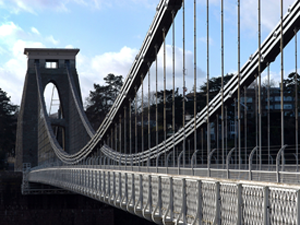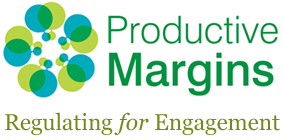 This project was completed Autumn 2015.
This project was completed Autumn 2015.
How have Muslims engaged in governance, and how well do governance processes engage with diverse Muslim groups?
These questions have been of political concern for a variety of reasons over the last two decades. They have been driven by a shifting equalities agenda that has increasingly addressed the experiences of religious and Muslim – as distinct from ethnic – groups, by increased recognition by government of the role of faith and faith groups across policy areas such as welfare delivery or urban regeneration, by shifts in integration and community cohesion policies, and more controversially by the security and counter-terrorism agenda.
In relation to the latter, under the Prevent strategy, government set out to engage and partner with Muslim groups to address the causes of violent political extremism. The reception and delivery of Prevent have been highly contested, and have varied widely at the local level.
A research team set out to examine how engagement through Prevent has been conducted locally in Bristol– the project worked with Muslim communities in Bristol to explore Muslim participation in local democratic life and the impact of Prevent on local state-Muslim engagement.
In Bristol, Prevent was re-branded and re-shaped as Building the Bridge – a local civic forum that brought together diverse Muslim community participants with Bristol City Council, the Police, and various statutory agencies. The research found this enabled a genuine collaboration between public authorities and Bristol’s Muslim communities.
Building the Bridge provided a new political opportunity structure for Muslim participation in local governance that addressed some of the deficits regarding Muslims’ political representation in the city. It enabled Muslim participants to raise public authorities’ awareness of community concerns and facilitated a critical dialogue about the implications of local political and policing practices. Importantly, it assigned agenda-setting powers and formal leadership roles to Muslim representatives, and facilitated the engagement of young people, women and mosque communities in the city.
For a period of time, Building the Bridge created a regulated form of community engagement, some of which continued even after the withdrawal of central government funding. The research findings have been fed back to Muslim communities and local authorities in Bristol to inform the development of this initiative into the future.
The second stage of the project worked with a steering group of Muslim women activists in Bristol to co-produce research.
What are the mechanisms for Muslim women’s effective engagement in democratic and community spaces?
How well are Muslim women’s concerns and needs addressed by statutory and community organisations?
These questions were at the heart of the eight-month through a series of discussions, a major public event on the role and contribution of Muslim women in public life, and eight interactive workshops with over 70 Muslim women from diverse ethnic backgrounds, holding a range of occupations and/or caring roles. The project explored the roles and skills that Muslim women brought to public and community life. It asked: how can participatory spaces more effectively include Muslim women? The research established that many Muslim women in Bristol have a strong vision for how public, community and religious spaces could be more inclusive.
Policy brief and event
Based on the findings from the workshop, we created a policy brief, Enhancing spaces for Muslim women’s engagement (PDF, 1MB) co-authored by the members of the Steering Group and research team.
The policy brief was disseminated to an event held at the Junction 3 library on 21st January 2015, attended by approximately 70 local policy, community and academic participants (including from the police, city council, Building the Bridge, faith sector and community organisations).
The event featured presentations from women from the Steering Group and a member of the Muslim Women’s Network UK, the distribution of the policy brief, a response to its recommendations from the Chair of Building the Bridge, and an exhibition of Muslim women in public life created by the Muslim Women’s Network UK.
What Do You See?
The Steering Group and team commissioned a local film-maker, Bashart Malik, to make a short film that addressed issues of women’s engagement in decision-making, featuring members of the Steering Group. Titled What Do You See?, the film questions how Muslim women in public spaces are viewed and asks Muslim women how they would reimagine spaces of decision-making – including City Hall, Parliament, mosque committees and the UN. The film premiered at the Watershed Cinema on October 29th 2015.
The event and What Do You See? were the focus of a half-hour feature by Made in Bristol TV, broadcast in November 2015.
Bristol Big Sisters
The Bristol Big Sisters exhibition was launched in October 2015. The display highlights the varied roles and contributions of Muslim women from Bristol. The exhibition was put together in collaboration with the national Muslim Women’s Network UK.
Bristol City Council has organised a tour of the exhibition across a wide range of venues across Bristol and beyond.
Find out more about us at:
Community partner
Key contacts
- Therese O’Toole, Senior Lecturer
Email: Therese.OToole@bristol.ac.uk - Aleksandra Lewicki, Research Associate
Email: aleksandra.lewicki@bristol.ac.uk - Tariq Modood, Professor of Sociology, Politics and Public Policy
Email: T.Modood@bristol.ac.uk









